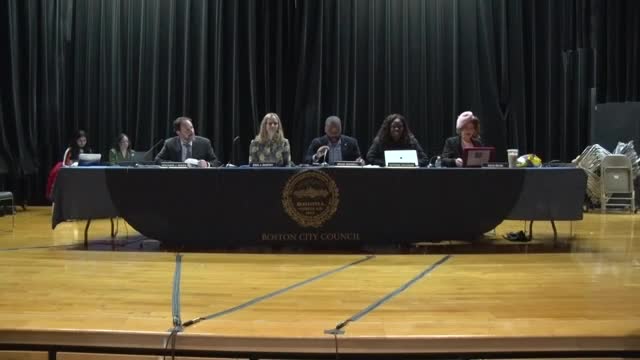Article not found
This article is no longer available. But don't worry—we've gathered other articles that discuss the same topic.
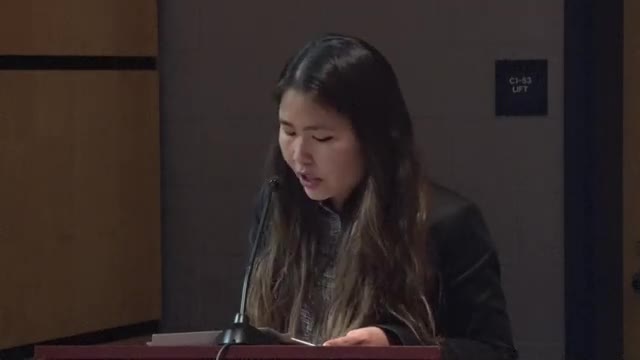
Project Right, REAP and others describe violence‑prevention, community healing and youth employment needs
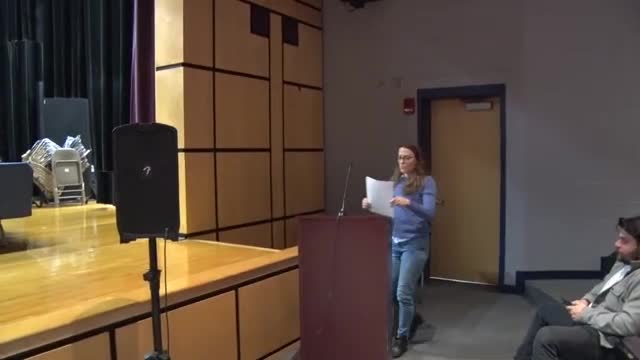
Saint Mark’s Area Civic Association seeks $10,000 for climate-resilience hub planning and proposes pollinator garden
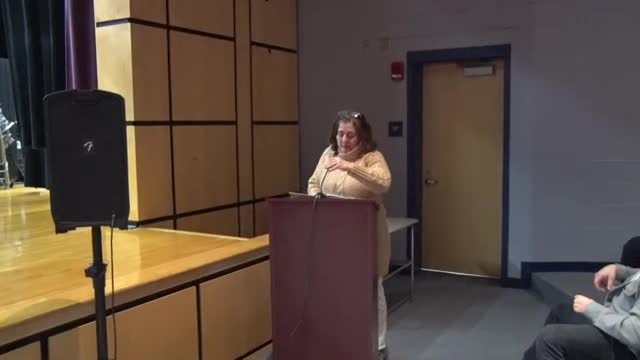
Resident asks Boston to create senior home-repair fund for owners with houses in trusts
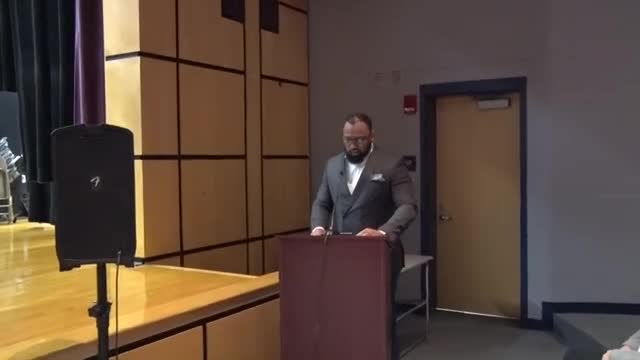
Tech Goes Home asks council for $1 million in annual funding to sustain digital-equity programs
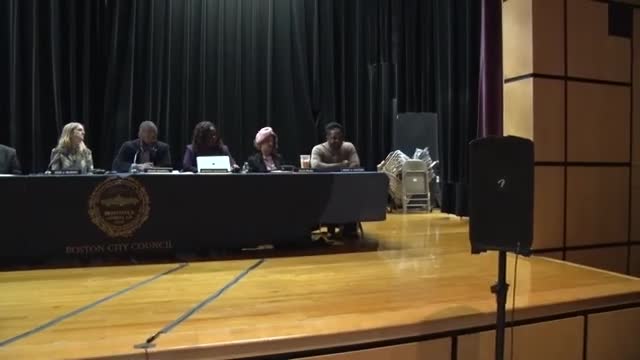
Advocates propose $100-family water-filter pilot to reduce lead, PFAS and other contaminants

Vietnamese community asks Boston for $5 million to revitalize Townfield Park and fund 1975 Diaspora memorial
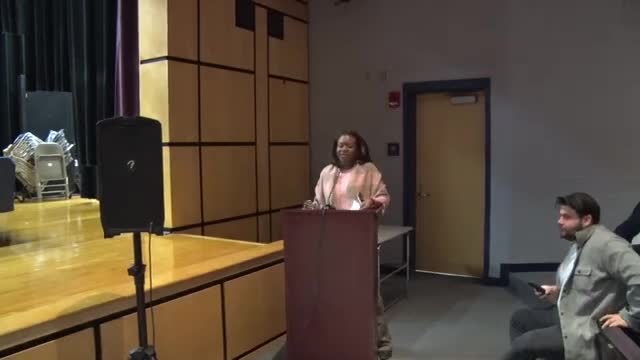
Dorchester testimony urges Boston Public Schools funding for transportation, meals, mental health and staffing
